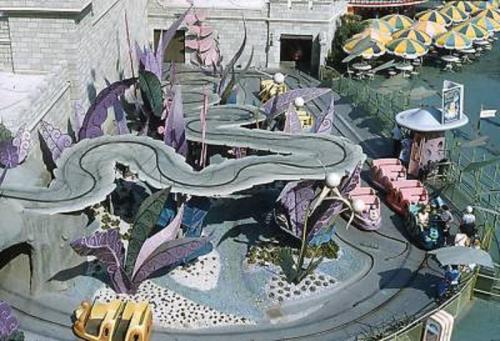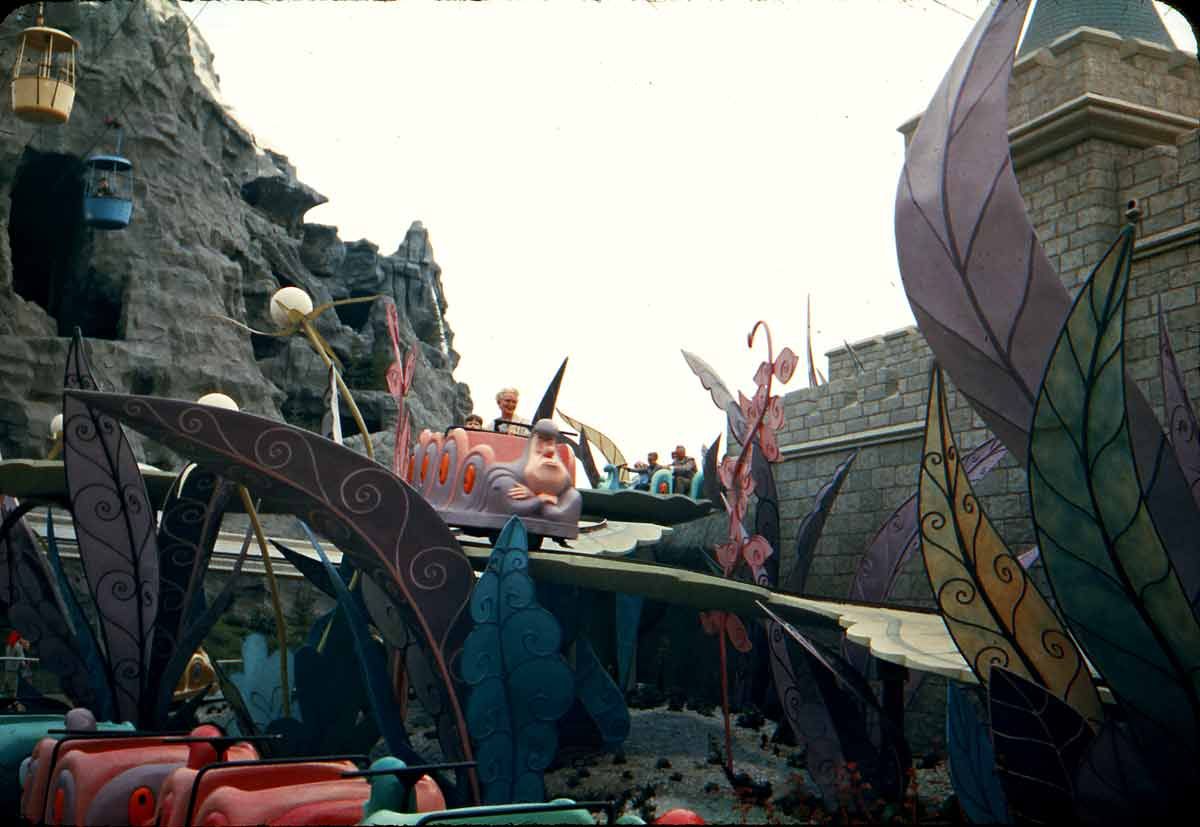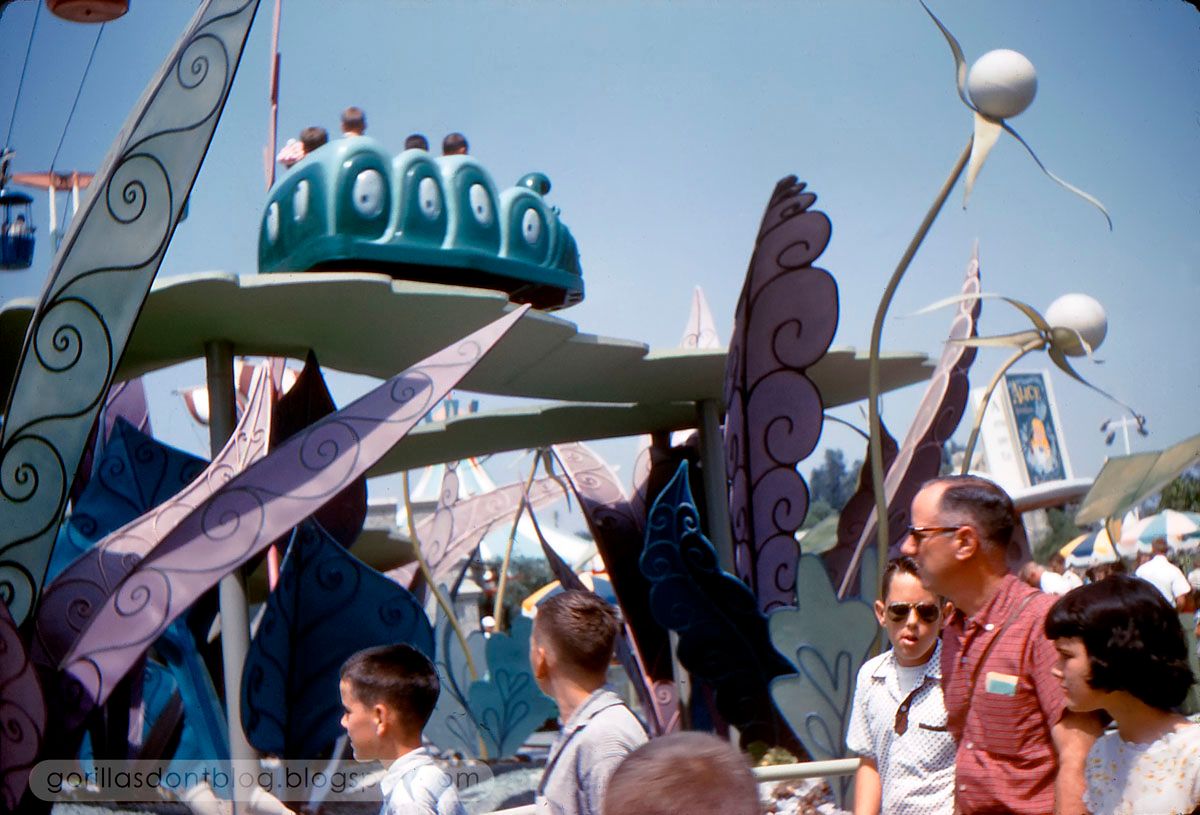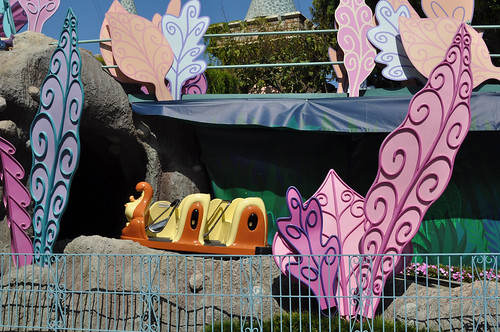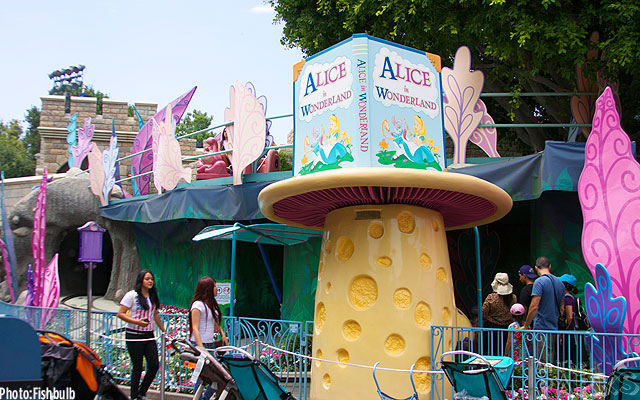Sorry, but that's not true to wit:
"Florida has some of the toughest rules in the country when it comes to the inspection and monitoring of carnivals and small amusement parks, experts say. But a loophole in state law exempts Florida's theme parks from those rules, which include government inspections.
After a series of tragic theme-park accidents across the country in the late 1990s, Disney World, Universal and SeaWorld agreed to let state inspectors visit their properties in October 1999. Officials with the Fair Rides Inspection Bureau said those site visits gave them "a reasonable degree of confidence" in the parks' rides.
Disney, Universal and SeaWorld later entered into a "memorandum of understanding" with the rides-inspection bureau to begin voluntarily reporting accidents that result in serious injury. The agreement defines a serious injury as one requiring "immediate admission and hospitalization in excess of 24 hours for purposes other than medical observation."
http://www.birket.com/articles/135
Thank you for the article and excerpt. That is indeed interesting, and enlightening.
However, I believe (although I'm not an expert on Florida law or government), these are two separate things.
In Indiana, the Department of Homeland Security is the Department (black hole) that now includes Fire & Building Safety. That division does carnival and fair inspections. I assume they do theme park inspections here too. Then there's OSHA (IOSHA here), which inspects workplaces.
People like to throw around OSHA for anything that involves the safety of people, which is not at all the case. OSHA stands for Occupational Safety and Health Act/Administration - with the key word being "occupational."
OSHA is in place to protect employees, not the general public. Fire and Building Safety officials protect the public through the legislation of Building Codes and Life Safety Codes. OSHA protects employees from hazards in the workplace via 29 CFR 2910 (General Industry) and 29 CFR 2926 (Construction).
If a roller coaster flies off a track, OSHA will be there with the sole responsibility of determining if employees were ever in danger. Other governmental agencies are there to investigate on behalf of the public. In the case of the monorail accident, that was the DOT. I don't know, specifically, which entity in Florida is actually responsible for rides and attractions.
If I'm following everything correctly, and I think I am, this thread and the citations given to DLR are specifically regarding employees of Disney, and their Contractors, being exposed to workplace hazards. It has nothing to do with the rides themselves, or guest safety. Guests are not in any danger in this current scenario - only employees.
And again, unless there's some loophole that says OSHA can't inspect Disney's workplace at their discretion (and I'd be extremely surprised if that were the case, because that would be a serious loophole that should be changed), this can most certainly happen at WDW. And again, if OSHA inspections aren't happening at WDW, they should be, because given what we know about all other maintenance shortfalls, it's almost assured that there are other serious violations that put employees at risk.

